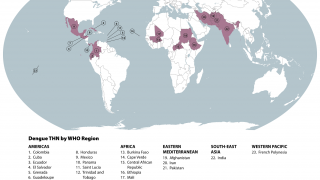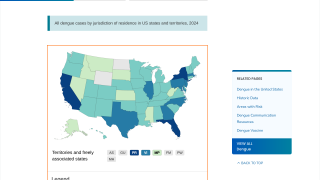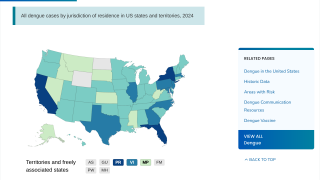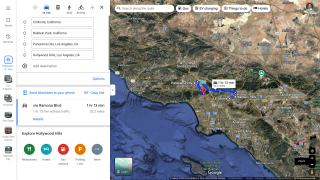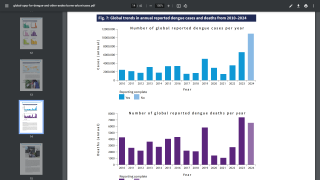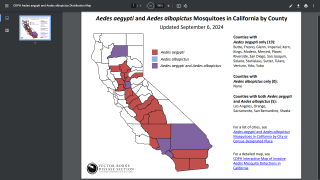Honduras Dengue Virus Outbreak Accelerates in 2019
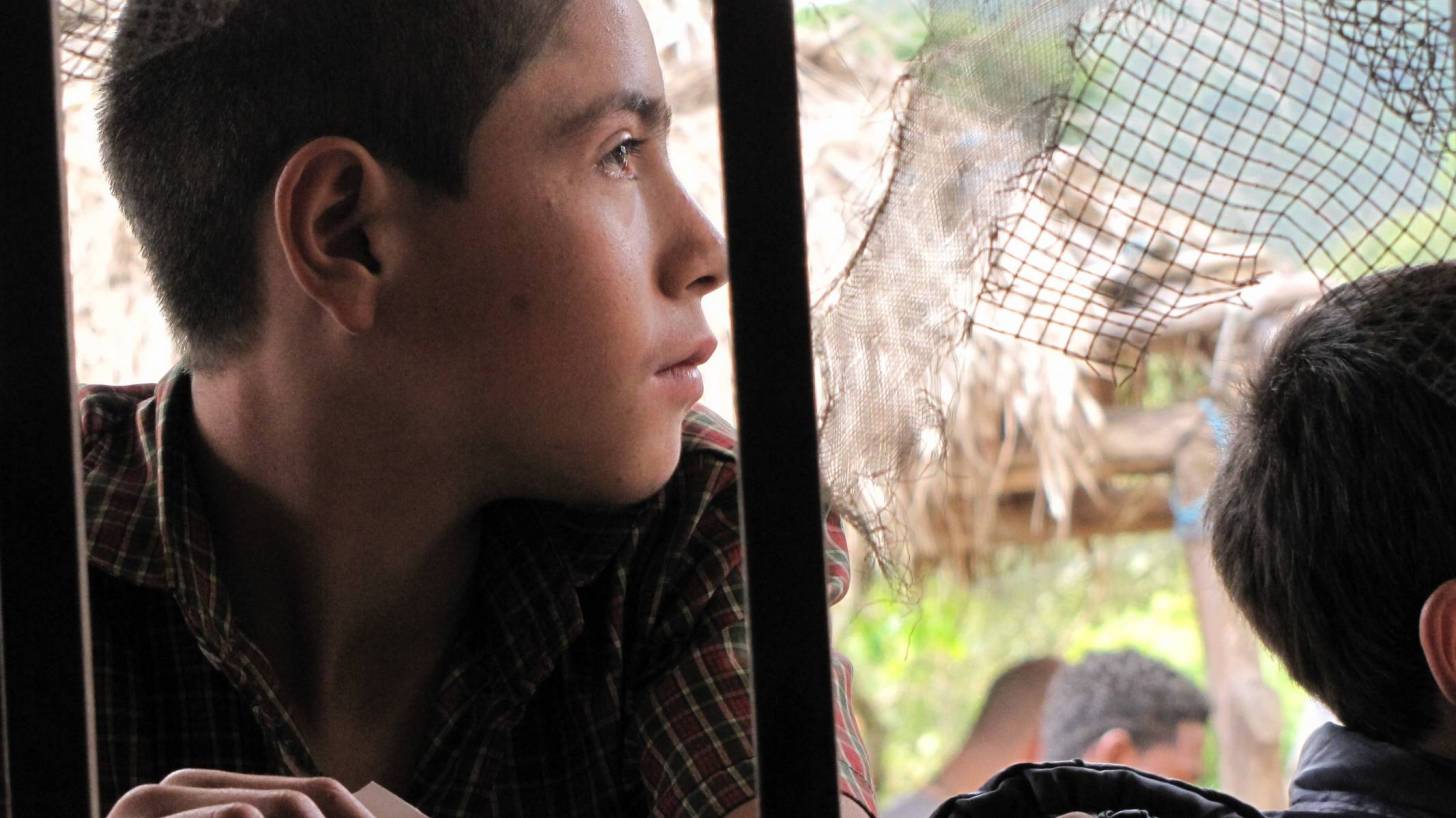
The Central American country of Honduras is seeing a sharp increase of dengue fever cases, with children particularly affected, said Doctors Without Borders/Médecins Sans Frontières (MSF) on March 12, 2019.
In the northern section of Honduras, 81 percent of the 789 individuals treated for severe dengue during 2019 have been younger than 15 years old.
Since the beginning of 2019, 12 people have died from dengue fever at the Mario Catarino Rivas Hospital, said MSF in a press release.
Dengue is endemic in Honduras and epidemics occur every few years. Previous dengue fever outbreaks occurred in 2015 in Tegucigalpa, and during 2013, in San Pedro Sula, when MSF provided support to the Mario Catarino Rivas Hospital.
To help bring the 2019 dengue epidemic under control, MSF is supporting community prevention efforts and pediatric care at the Mario Catarino Rivas Hospital, in San Pedro Sula, Honduras's second largest city.
“These type of cases have a high risk of suffering complications and even death if they don’t receive proper and timely attention, ” said Dr. Tania Marin, MSF’s regional medical coordinator.
Unfortunately, dengue epidemics are not isolated to Honduras.
On March 4th, 2019, the Pan American Health Organization (PAHO) called for countries in the Region of the Americas to prepare for possible outbreaks of the Dengue Fever virus.
In the first 6 weeks of 2019 in the Region of the Americas, there were 99,998 dengue cases and 28 related deaths, reported the PAHO.
During 2018, there were 560,586 cases of dengue reported by the PAHO, including 3,535 severe cases of dengue and 336 deaths.
The actual numbers of dengue cases worldwide are underreported and many cases are misclassified, says the PAHO. One recent estimate indicates 390 million dengue infections per year.
Dengue is a mosquito-borne viral disease transmitted to humans by female mosquitoes mainly of the species Aedes aegypti and, to a lesser extent, Ae. albopictus, says the US Centers for Disease Control and Prevention (CDC).
Currently, the only way to control or prevent the transmission of the dengue virus is the fight against Aedes aegypti.
Severe dengue, which is also known as Dengue Haemorrhagic Fever, has become a leading cause of hospitalization and death among children and adults in endemic regions.
Moreover, in rare cases, there is evidence of dengue transmission from an infected pregnant mother to her fetus, says the CDC.
And, treating dengue fever can be expensive.
A recent study published on February 28, 2019, reported the average cost of Inpatient Care related to the dengue virus was $26 in Burkina Faso and $134 in Cambodia, while the average cost of Outpatient care was $13 per episode in Burkina Faso and $23 in Kenya.
"The economic burden presented in the current study can be used to estimate more accurate vaccination benefits when conducting a cost-effectiveness analysis for future dengue fever vaccine interventions," these researchers said.
The DengVaxia vaccine produced by Sanofi is approved in 20 countries around the world, such as Brazil, El Salvador, Costa Rica, Paraguay, Guatemala, Peru, Indonesia, and Singapore, but not in the USA.
On March 7, 2019, the US Food and Drug Administration vaccine advisory committee recommended approving Dengvaxia, a dengue virus vaccine, for people between the age of 9 to 16 years old.
And, Takeda’s dengue vaccine candidate TAK-003, a live-attenuated tetravalent dengue vaccine candidate was reported efficacious in preventing dengue fever in a phase 3 study.
The CDC has issued Travel Alerts related to dengue and continues to update its ‘maps.’
Our Trust Standards: Medical Advisory Committee




